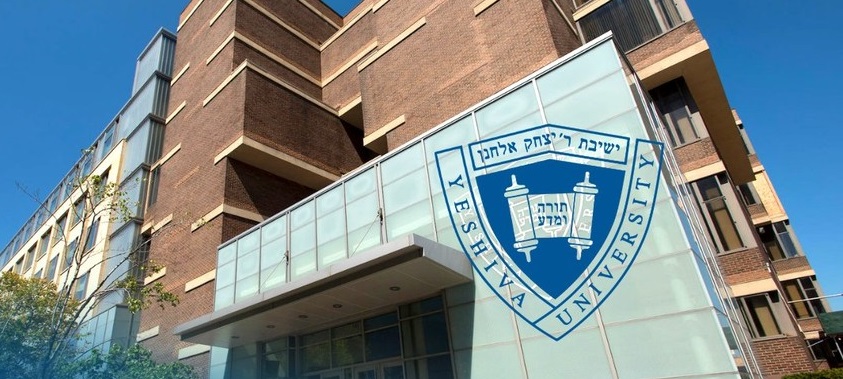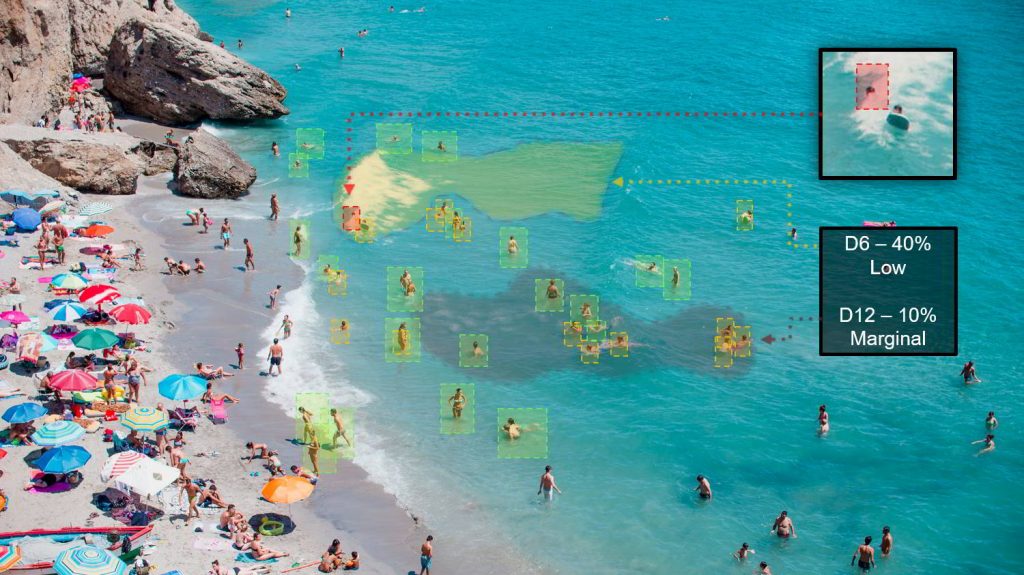Highlight Story: Yeshiva University’s Innovation Lab Uses Federal Direct Investments to Share Innovative, Life-Saving Ideas
In April, EDA awarded a $1.4 million grant to Yeshiva University’s (YU) Innovation Lab in a New York City Opportunity Zone to provide technical assistance to Israeli firms seeking to locate in New York City.
The YU Innovation Lab is a faculty and student-led startup accelerator that couples modern innovation with Jewish values and traditions, fostering a culture focused on transforming human insight into business value. YU partners with other labs from Israel and NYC to provide technical assistance and global business opportunities, and already EDA’s investment is having a significant impact.

Recently, Israel-based company Emnotion asked the Innovation Lab for strategic guidance in an initiative to mitigate the pain and tragedy of the COVID-19 pandemic. Emnotion develops climate forecasting solutions for urban and rural areas, often block by block, using mathematical algorithms. They partnered with the Lab to help introduce their powerful predictive Artificial Intelligence (AI) platform to map the path of the coronavirus.
Members of the Lab’s team met via Zoom with Emnotion’s CEO and lead data scientist, and since then the Lab team has focused on developing strategies for reaching key decision makers in public health, government, industry and technology. Their goal is to integrate the advanced AI dataset with other efforts to get in front of the disease’s exponential growth.
In addition, the Innovation Lab will be running a summer cohort with five Israeli startups, and plans to have at least 10 more Israeli startups working with the Lab in the fall of 2020.
One of the Israeli startups that will be working with the Lab this summer is Sightbit, a “smart” lifeguard system that prevents drowning, making swim sites safer and more efficient to manage. Sightbit’s camera-based software technology instantly warns of danger to swimmers.

Thanks to the AI component of Sightbit, all swimmers (and children at risk) within range are monitored at all times with pinpoint accuracy. Swimming areas become significantly more guarded, without an increase in cost for swim agencies. Management teams will also gain insights that go far beyond what they see with their own eyes, such as risk analytics, assessment of crowding, manpower management and sea-state forecasting.
Working with the Innovation Lab, the Sightbit team plans to expand in New York and around the globe. In the U.S. alone, there are more than 5,000 coastal beaches, 4,000 coastal cities, 70,000 lakeside beaches, 12,000 marinas and 300,000 public pools that can directly benefit from Sightbit’s technology. The company’s work was featured in a recent article in the Jerusalem Post.
EDA looks forward to helping YU’s Innovation Lab to provide potential investors with the technical assistance they need to invest here and contribute to our economy. EDA will continue to work with communities to find global partners that can help expand operations, achieve growth, and stimulate the economy.








